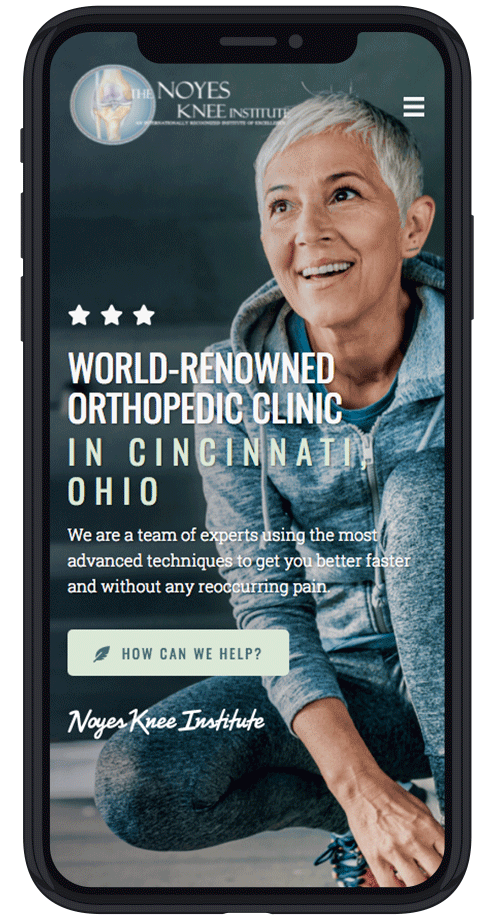Published On
Category
 If you have flat feet or fallen arches, that can be linked to knee pain and cartilage damage. However, the
If you have flat feet or fallen arches, that can be linked to knee pain and cartilage damage. However, the
damage can vary based on several factors. Here’s what you need to know.
1. Flat Feet Create a Chain Reaction Up Your Body
When you have flat feet, you typically won’t notice any other malformations up the rest of your leg.
However, the flat feet can create a chain reaction up your body, and that damage usually starts in your
knees. In some people, the pain and damage continues up to their hips and into their backs.
Essentially, when you have flat feet, your feet don’t support the weight of your body correctly. The
misalignment of your feet means that your knees aren’t properly aligned either. Basically, the kneecap is
surrounded by a v-shaped groove that allows the cap to move up and down naturally. When your knees are not
properly aligned, the kneecap doesn’t move as it should, and that starts to wear down the surrounding
cartilage.
2. Knee Pain Is Exacerbated With Weight Gain
In some cases, people can go through their whole lives without feeling knee pain due to flat feet.
However, that typically changes when you gain weight. If you have recently put on extra weight and you notice
that your knees tend to hurt more often, you may want to consult with a foot or knee specialist to ensure you
don’t cause lasting damage to your knees such as meniscus
tears.
3. Exercise Can Also Exacerbate Pain
Exercise can also have an impact on your pain levels. Running and climbing stairs are the two workouts
most likely to bring on pain. Instead, you may want to focus on low impact workouts such as bicycling or
swimming.
4. Pregnancy Can Affect Your Knees
Women with flat feet often notice increased knee pain during pregnancy. Some of this is due to weight
gain, but a lot of it is actually related to physical changes that occur in the body during pregnancy. In
particular, your body makes more oestrogen, relaxin, and progesterone. These hormones help to increase the
flexibility in your ligaments-that’s great when you’re giving birth, but it can lead to overpronation.
Overpronation is when you have fallen arches and your ankles roll inward when you stand. In many cases,
women with flat feet may have slight pronation before getting pregnant, but overpronation can get worse
during pregnancy, leading to an increased risk of pain and damage.
5. You Can Have Cartilage Damage Without Consistent Pain
Although you may feel pain when you have cartilage damage in your knees, this is not always the case when
you have flat feet. One study in particular looked at 1903 people with flat feet. Only 22 percent of the
participants noted that they had knee pain on a consistent daily basis.
However, in spite of not noticing daily pain, over half of participants had cartilage damage in their
medial or lateral knee compartments. The incidences of cartilage damage seemed most pronounced in patients
with the most extreme foot morphology.
5. Noninvasive Treatments Can Help
If you have knee pain due to flat feet, there are many noninvasive treatments that can help. An
occupational therapist can help you create a therapeutic exercise plan for your knees. Arch supports, such as
over-the-counter supports and custom orthotics, can also help. The good news is that if these options don’t
eliminate the pain, it is possible to have surgery that focuses on cartilage repair in particular.
At The Noyes Knee Institute, we help all kinds of people with knee pain. If you have flat feet or any
other issues contributing to knee pain, contact us today.

